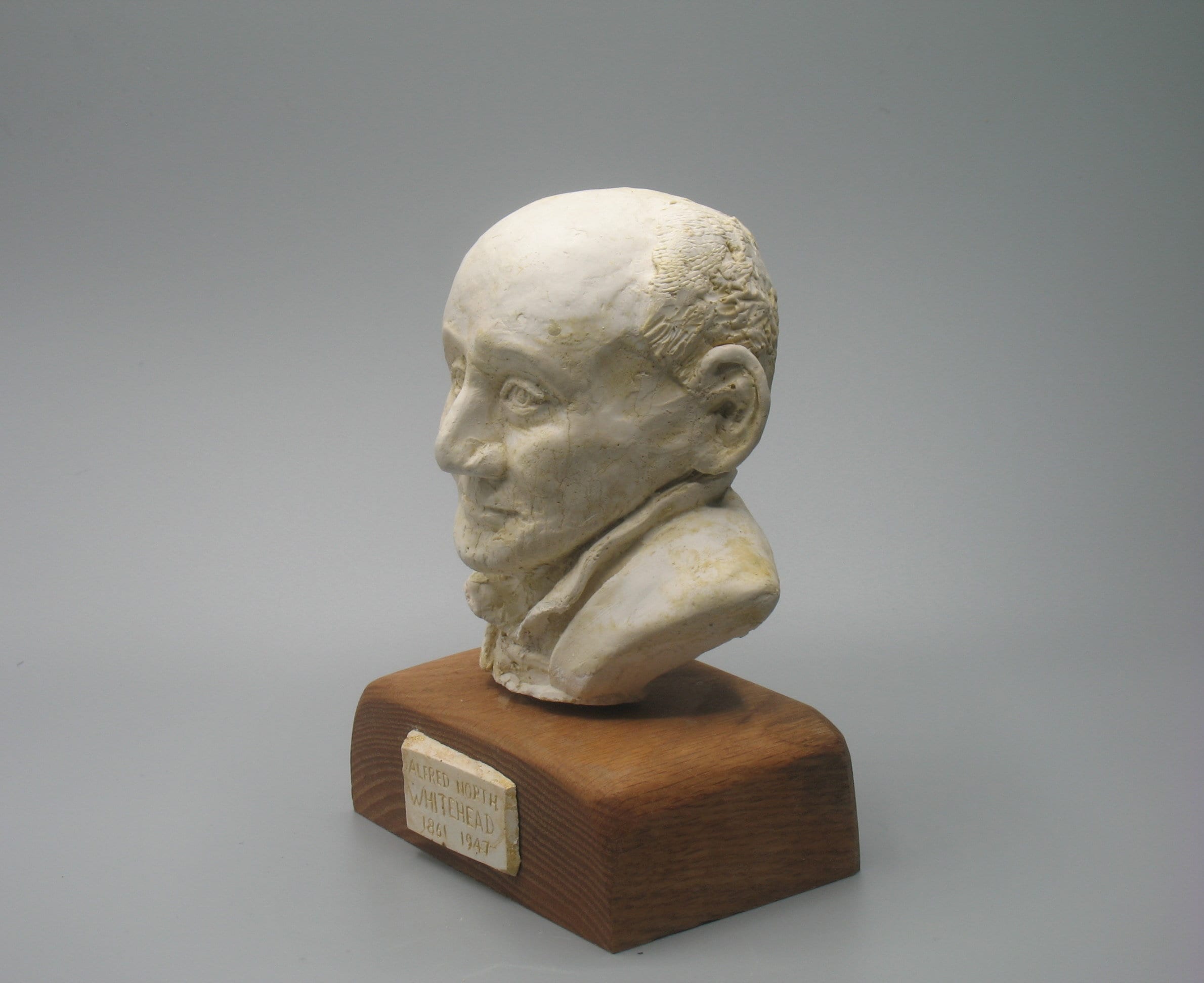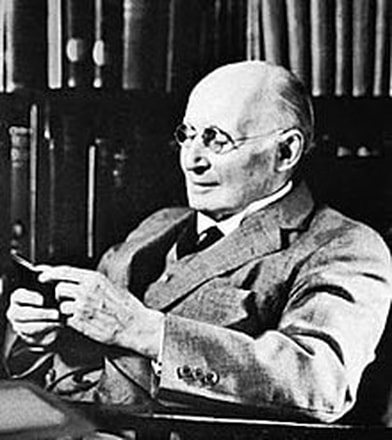

They have and continue to contribute tremendously to Whitehead’s legacy, and to helping us make sense of his sometimes difficult ideas.

and David Ray Griffin should be mentioned first.

Tam: Who do you regard as the most helpful intellectual descendants/students of Whitehead, thinkers who can both help us understand what the heck Whitehead meant in his sometimes opaque prose, or thinkers who have helpfully extended Whitehead’s system? In my dissertation, I took some liberties in re-interpreting the process God in more pluralistic terms, such that each cosmic epoch has its own divine occasion, with certain characteristics being inherited by subsequent epochs. For example, his concept of God’s function in the universe is, by Whitehead’s own admission, incomplete. But once I’m satisfied that I am not misunderstanding, I am perfectly willing to adjust his scheme accordingly. If something in his scheme of abstractions doesn’t fit with my own experience and understanding, I first interrogate his writing more deeply just to be sure I am not misinterpreting him. I would describe myself as a Whiteheadian, but there are plenty of ways that I diverge from “traditional” readings of Whitehead. Matt: I think Whitehead understood metaphysics as an open-ended project, so I engage with his work in the spirit of a co-inquirer. Tam: Would you describe yourself as a Whiteheadian traditionalist? Or are there any aspects of Whitehead’s system that you would change? The problem is, hardly anybody-laypeople or physicists-realizes that we are living in this new universe! We are so mesmerized by the old mechanical model of Nature and by the technological toys it has allowed us to invent and surround ourselves with that we’ve lost touch with the nonhuman world that is literally dying for us to remember it. If we take a Whiteheadian lens on the contemporary natural sciences, it becomes clear that 21st century people are living in an entirely new world, a self-organizing cosmogenesis that is nothing like the mechanical clockwork universe imagined by 17th century scientists. The advances in philosophy of nature and discoveries in natural science that occurred during the 19th and 20th centuries (e.g., Schelling, Humboldt, Darwin, Einstein, Bohr, Bergson, Whitehead, et al.) were even more revolutionary than those made by Copernicus, Galileo, Descartes, and Newton in the 16th and 17th centuries. Matt: Whitehead was one of the first initiates into the new cosmological story that, with any luck, will help us build an ecological civilization in the coming decades. Tam: Why is Whitehead relevant today, to both the layperson, and in physics and the philosophy of physics? We discuss the importance of Whitehead’s ideas for a future ecological civilization, his philosophy of time (including critiques of Einstein), the role of God and eternal objects in his cosmology, and more. Our emails grew into a pretty extensive conversation on all things Whitehead, which I am sharing below. Environmental lawyer, philosopher, and fellow Whitehead enthusiast Tam Hunt and I started an email exchange a few weeks ago after I stumbled upon his interview with the physicist Carol Rovelli.


 0 kommentar(er)
0 kommentar(er)
